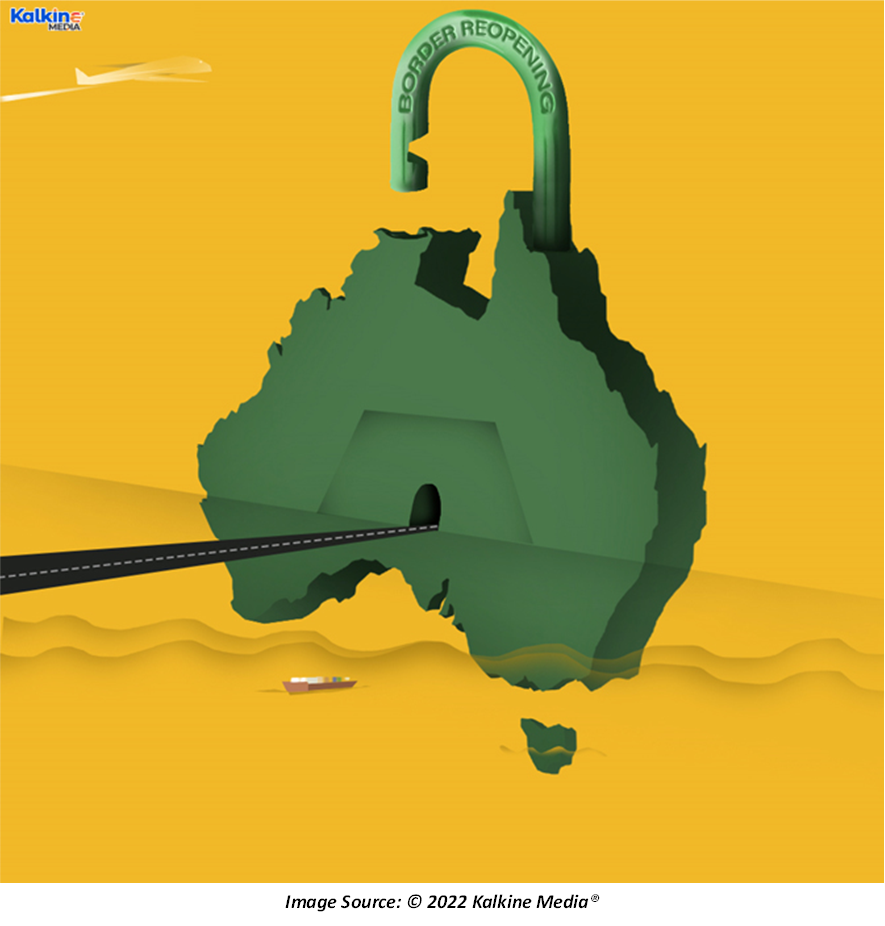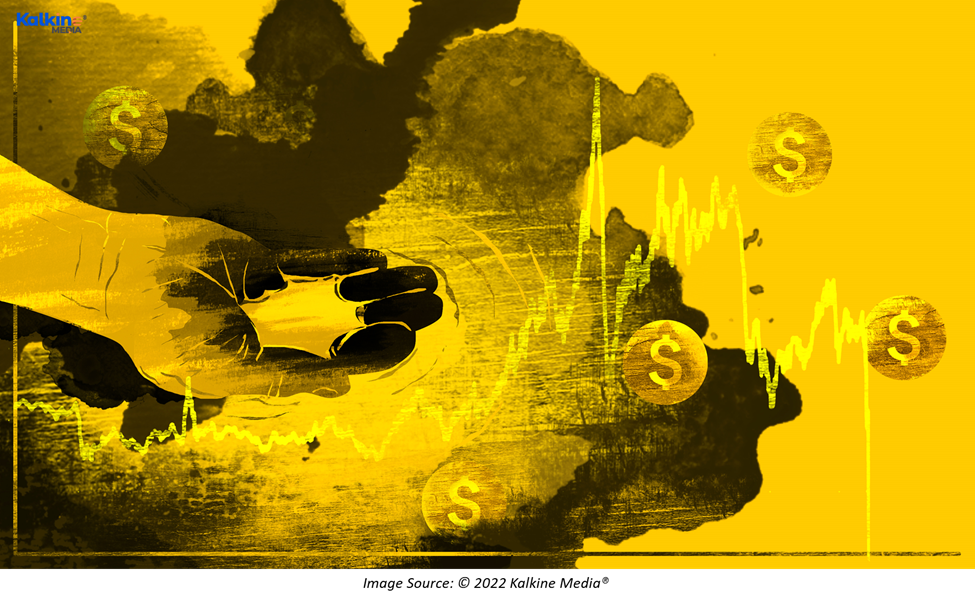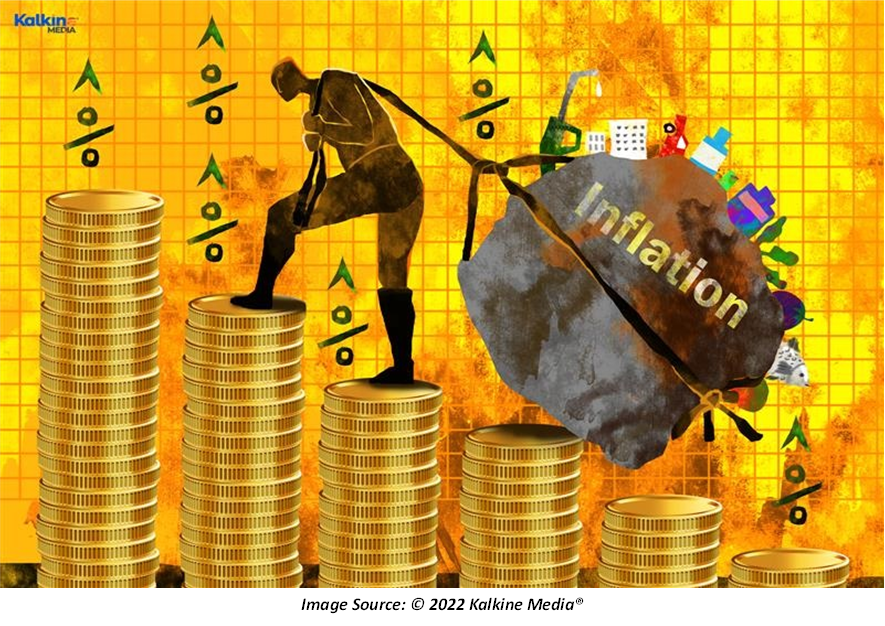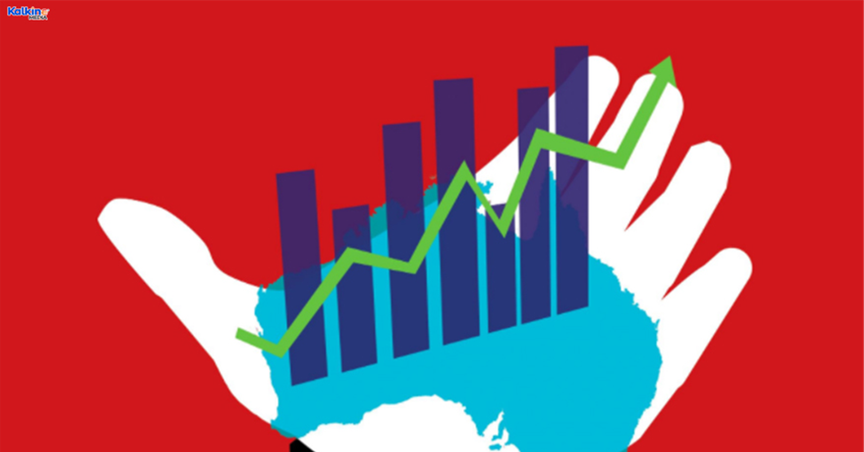Highlights
- Global disruptions often end up creating a rocky road for the domestic economy due to an increased interconnectivity of nations.
- Soaring international demand for domestic education has created an optimistic view for the Australian economy.
- Political unrest between Russia and Ukraine, along with rising inflation in the US, create an uncertain outlook for the domestic economy.
International developments have always played a crucial role in determining the strength of the Australian economy. The COVID-19 pandemic created a shock-like scenario in Australia, first by shutting down the entire economy and then by leading to a sudden resurgence of cross border trade. As connectivity permeates across nations, global disruptions may often end up creating a rocky road for the domestic economy.
For an economy that is highly susceptible to global events, it seems essential to discuss the causal factors driving changes in the domestic economic performance. These factors may only strengthen over the coming months as nations gradually open to the rest of the world.
Here is a list of some key global events causing some form of an impact on the Australian economy:
Soaring international demand from students
As the Australian economy opens its doors to international students, there is a range of aftereffects that are just waiting to take shape in the economy. For instance, the most immediate shock from the entry of international students is likely to be felt by the real estate industry. The quick influx of students can increase existing demand for property, while immigrants may not search properties for ownership.

There has been a steep incline in foreign applications in 2022, as Australia has finally announced its international border reopening from 21 February this year. The potential admissions from abroad are being hailed as a positive sign, especially given the loss to education industry due to border closures. The reopening can offer a chance to the education sector to fully return to normalcy.
Meanwhile, bustling foreign participation in the domestic education system can encourage the development of highly competitive universities providing world-class education. With foreign students eyeing study options in Australia, the domestic educational infrastructure can be given a state-of-the-art structure.
DO NOT MISS: RBA Governor: Outlook for inflation and wages remains uncertain
Which Global Events Can Influence The Australian Economy?
Russian invasion of Ukraine
Possibly a bleaker affair on the global front is the continuing power struggle between the Russian and Ukrainian military forces, with the former possibly invading Ukraine. Reports are doing rounds that Russia recently pulled back some troops from the Ukrainian border. However, one cannot neglect risks associated with the prevailing geopolitical tensions between the two countries.
The said event can weigh heavily on the global oil industry, disrupting supply chains and pushing up oil prices to new highs. The ill-effects of war are almost always felt immediately on fuel prices, impacting the average consumer gravely. Additionally, one should not forget that Russia is a key supplier of oil, contributing to the global supply chain.

Most importantly, OPEC has restricted the supply of oil despite repeated requests from some nations to increase output. With this constraint in the backdrop, any more shocks to the existing supply chain can handicap the global economy. Thus, the fuel market seems to be standing at its most volatile stage.
The ongoing political unrest can also hit Australian consumers in terms of high inflation. Rising fuel prices can dent existing consumer confidence, hurting businesses over the long run. However, Australian commodity exporters might get to rejoice as high fuel prices may generate higher revenues for them.
RELATED READ: Crude oil hits fresh seven-year high amid Russia-Ukraine tension
Rising US inflation
Inflation is a necessary evil that must be tackled efficiently by policymakers. While domestic price rise has been a persistent issue for Australia, rising inflation in the US can also rain down on Australia. Inflation in the US stands at a 40-year high of 7.5%, indicating serious uncertainty over the months ahead.

Reserve Bank Governor Phillip Lowe recently shared his concerns regarding the surging price levels in the US. He stated that domestic financial markets could be subject to some unforeseen adjustment due to the price rise in one of the biggest global economies.
The rise in prices of goods and services has been a common phenomenon in nations revering from the impact of the pandemic. However, there is a stark difference between Australia and the US in how inflationary pressures are taking shape. Governor Lowe suggested that wage-inflation dynamics in Australia are different compared to the US. A major factor behind this could be the significant lack of workers in the US against a decent labour market recovery in Australia.
These global factors are still in the process of development and can change in the coming months. While an increased influx of foreign students paints a stronger picture for the economy, other global events provide murkier circumstances for Australia. Thus, it would be interesting to see how these factors shape up in the long run.


